Do you want to learn how to write a welcome email series for new subscribers?
Whenever a lead signs up for your email list, makes a new account, or signs up for your service, they should receive an automated welcome email series. These emails should go further than a simple “thank you for subscribing” message. You should use your welcome series to introduce your brand and nurture new subscribers through their customer journey
When you nail your welcome emails, you can see huge results. According to research by Klaviyo, welcome emails average a staggering open rate of 55.61%. They also have 4x the click rate and 23x the conversion rate of other marketing emails.
You only have 1 chance to take advantage of this high-stakes opportunity. So you want to make sure you get it right.
In this blog, I’ll discuss how to write a perfect welcome email series. I’ll share some best practices and guide you through the process of writing each email in your series. Along the way, you’ll see some welcome email examples to illustrate our tips.
Best Practices for Writing a Welcome Email
Writing effective welcome emails is important for creating a positive first impression and setting the tone for a long-lasting relationship with your audience.
A well-crafted welcome email series can help you establish trust, introduce your brand, and provide value to your subscribers.
Before jumping into our step-by-step guide, let’s look at a few important tips for an effective welcome email journey.
Personalize Your Emails
Personalization is key to building a connection with your subscribers. Use your subscriber’s name and any other information about them to make your emails more personalized and relevant. This can increase open and click-through rates.
Your marketing email service provider (ESP) should allow you to use personalization tags to include your subscriber’s name in your subject line or email body.
Optimize for Mobile
Make sure your welcome email series is optimized for mobile devices. Use a responsive design and keep your content concise and easy to read on a small screen. This can help ensure that your subscribers can engage with your content no matter where they are.
Ask Subscribers to Whitelist You
Whitelisting is when subscribers add you to their address book. The purpose of whitelisting is to improve your deliverability and make sure that your emails to subscribers aren’t filtered to spam.
In your welcome email, offer instructions on how your subscriber can whitelist you.
Also, make sure to emphasize the benefit of doing this so your subscribers won’t miss an important email with a special deal or valuable information.
Provide Contact Information and Links to Social Channels
Include contact information in your welcome email to make yourself accessible to subscribers if they want to reach out. Getting subscribers to reply to your emails or call you is a great way to further your relationship and learn more about them.
You could also deepen your connection with them by providing links to your social channels like Facebook, X (formerly Twitter), and Instagram and encouraging them to follow you.
If they like receiving your emails, they’ll likely enjoy your social media updates too!
How To Write a Welcome Email Series
Let’s dig straight into creating your perfect welcome email series. We’ll discuss tips for creating a 5-email welcome series that will nurture your new subscribers, build trust, and create a strong relationship.
- 1st Email: Welcome and Thank You
- 2nd Email: Introduce Your Brand and Value
- 3rd Email: Provide a Special Offer
- 4th Email: Highlight Your Best Content
- 5th Email: Call to Action
1st Email: Start With a Warm Welcome and Thank You
Your welcome email series should start with thanking your new subscriber for joining your email list. New subscribers expect to see a “thanks for subscribing” email and will often look for it specifically.
This 1st email should also introduce your brand and welcome new subscribers to your community.
Use a friendly tone and thank your subscribers for joining your list. Make them feel appreciated and valued from the start.
“Thanks” is one of the most effective words in your emails. Not only does it add a human quality to your email, but it also builds brand loyalty. When subscribers know you appreciate them, they are more likely to have positive feelings toward you and your brand.
Did you offer an incentive to sign up for your email list?
If you did, your welcome email should deliver the incentive you promised in your signup form. If you don’t, you’ll most likely lose your subscribers’ trust and frustrate them.
Pro tip: If you don’t currently promote a lead magnet like an ebook, checklist, or worksheet on your signup form, you might want to try using one to grow your email list more quickly. Incentives give visitors immediate value and an excellent reason to subscribe.
Here’s a welcome email example that thanks subscribers when they sign up for the AWeber blog newsletter:
There’s nothing fancy about this email, but it does what it needs to do:
- Thanks the user for subscribing
- Introduces a friendly brand voice
- Delivers the promised lead magnet
- Tells the subscriber what they can expect from future emails
2nd Email: Introduce Your Brand and Value Proposition
In the second email, introduce your brand further and explain what differentiates you from your competitors. Highlight your brand’s unique value proposition and explain why your subscribers should choose you.
Illustrate what your business is all about and who you are! Show off your personality and start building a connection. This can help you sell your product or service in later emails because your subscribers will already be familiar with who you are and what you do.
Pro tip: Get personal with the new subscriber by telling a cool story or little-known fact about your business. Or, share your mission and how your product or service is changing the world. This tactic allows you to connect with the subscriber on a deeper level. Plus, it sets you apart from other similar businesses.
Check out how David Kind tells their subscribers who they are with a cool back story in this example of a welcome email:
By telling a bit of their story, David Kind makes the email feel like it’s coming from a group of people, not just a company.
3rd Email: Provide Value
Offer something of value to your subscribers in the third email. This could be a free resource, a discount code, or exclusive content they won’t find elsewhere. Providing value early on can help establish trust and credibility with your subscribers.
When you provide value early, you’ll define the relationship. In exchange for giving you a bit of their inbox real estate, you provide your subscribers with exclusive offers. Then, subscribers will be excited to open your future emails to see what value you’ll provide them.
This will help reduce spam complaints and unsubscribe rates and keep your email list strong.
Pro tip: You can send a weekly newsletter or allow them early access whenever you offer an exclusive deal, new features, or products you’re introducing.
Here’s an email from our own welcome series for new OptinMonster customers.
This email offers new customers a complimentary gift campaign and a free t-shirt. This email shows our commitment to helping our customers succeed and shows that our emails will be valuable.
4th Email: Highlight Your Best Content
In the 4th email, showcase some of your best content.
This could be blog posts, videos, or other content highlighting your brand’s expertise and value. Make sure to provide links to your content and encourage subscribers to engage with it.
Below is an email example from Payoneer, sharing their valuable articles with their subscribers:
If content creation is part of your business, then you can keep subscribers engaged by regularly emailing them your best content.
5th Email: Call to Action
In the final email of your welcome series, encourage subscribers to engage with your brand by taking action.
Invite them to follow you on social media, subscribe to your blog, or participate in your community. This can also be where you make a big pitch to purchase your product or service.
Encouraging engagement can build a long-lasting relationship with your subscribers.
The snippet below is an example from an email from Mad Over Marketing:
The smartest thing about this email is that it gives several options. While you often want your promotional emails to feature a primary call-to-action (CTA), your welcome series is the perfect place to show your subscribers that you offer plenty of ways to engage.
Get More Subscribers for Your Welcome Emails!
Now that you know the basics of how to write a welcome email series, we hope you feel ready to impress your new subscribers.
If you want to learn a bit more, here are some great resources:
- 14 Welcome Email Examples To Boost Engagement + Free Templates
- 15 Best Practices for Email Subject Lines for Higher Open Rates
- Email Copywriting That Sells: 17 Simple Ways To Write Better Marketing Emails
Once you’ve perfected your welcome series, there’s another vital step to crushing your email marketing:
Building a great list of engaged, highly-interested leads.
In fact, your welcome email strategy is only as good as your email subscribers list. If your email list lacks subscribers who willingly optin for your newsletters, your email marketing strategy will fail.
That’s why it is important to deploy an email optin tool on your website; no tool does the job better than OptinMonster.
Over 2 million businesses use OptinMonster because it helps them grow their email list.
Here’s How PodBike Gets 18.22% More Email Subscribers with OptinMonster’s GeoTargeting feature.
Plus, when you’re an OptinMonster customer, you get free access to OptinMonster University. There you’ll be able to improve your marketing through tons of courses, guides, and videos. We even have a course called “How to Create a Welcome Email Series That Sells.”
Want to grow your email list fast?

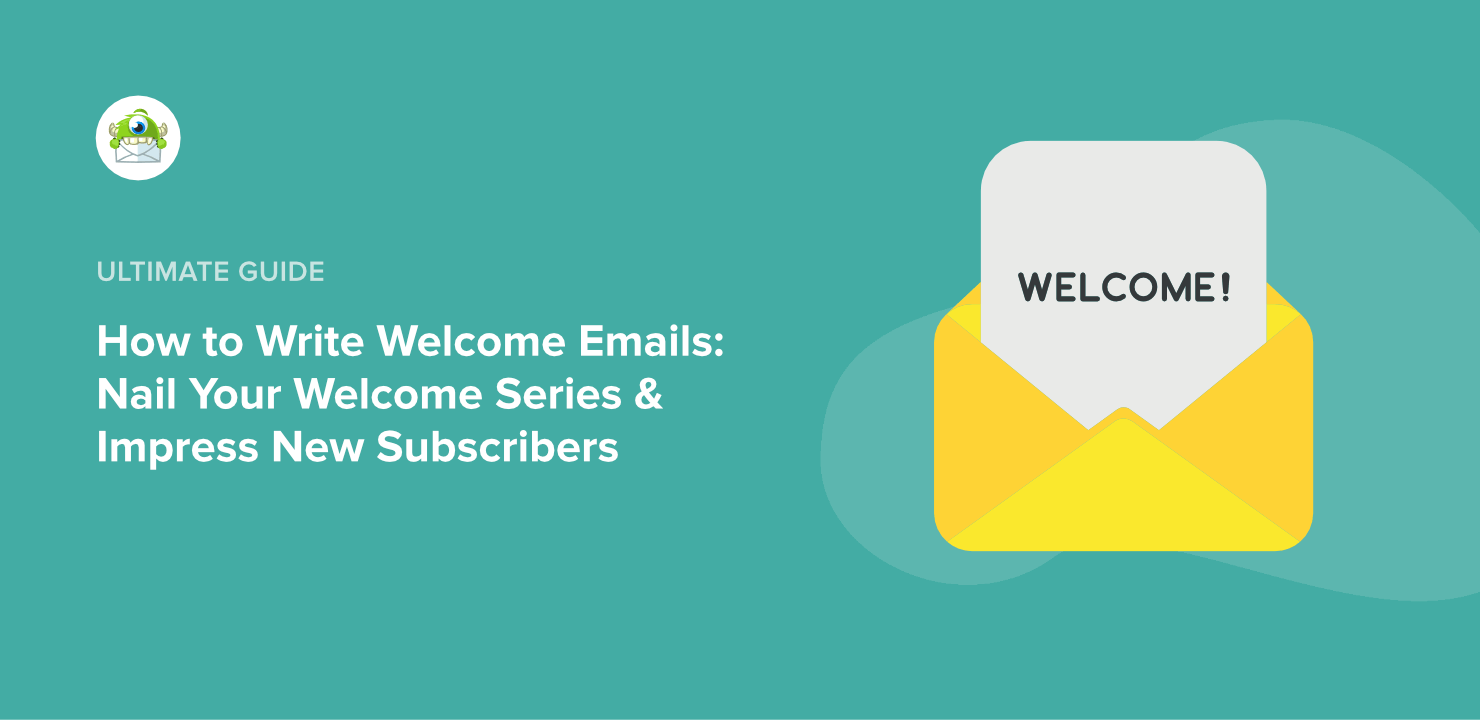
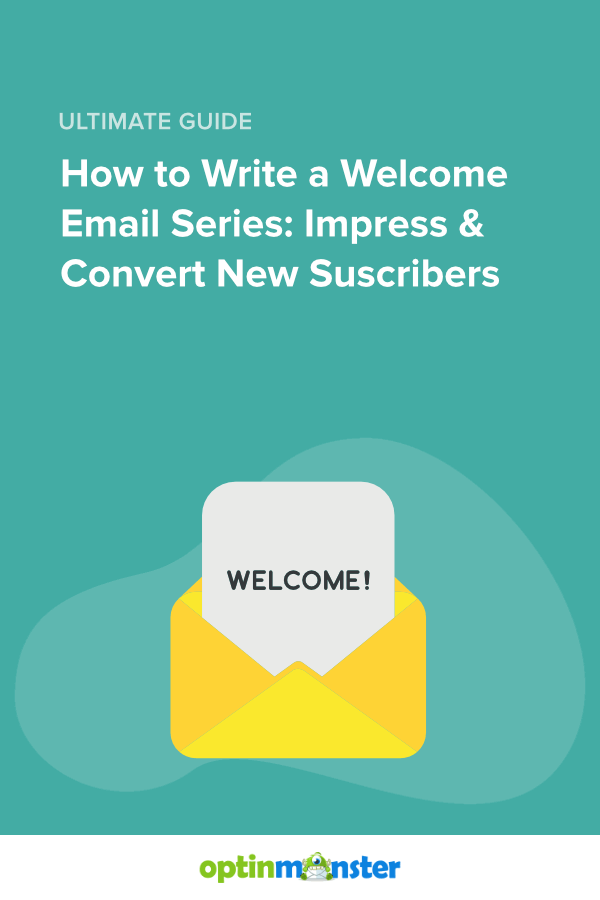
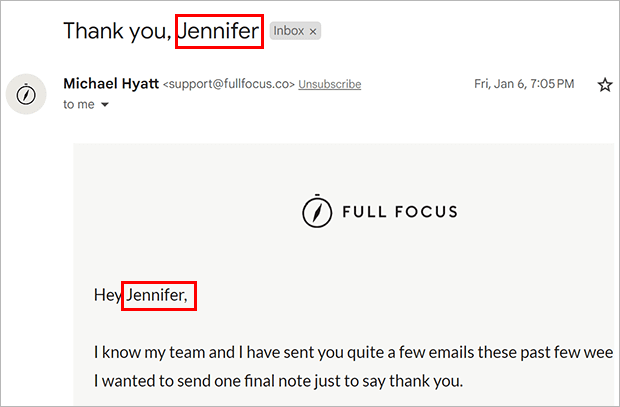
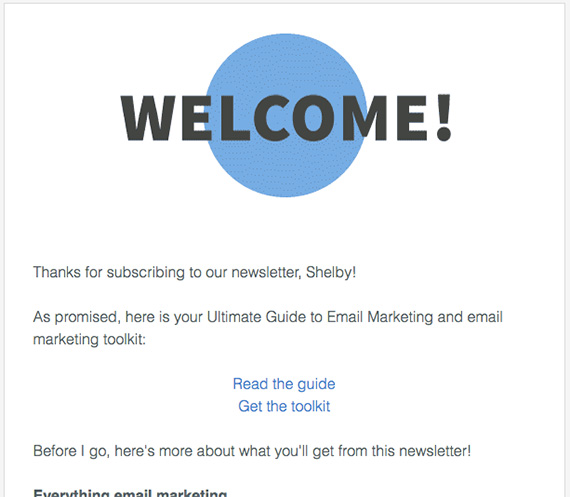
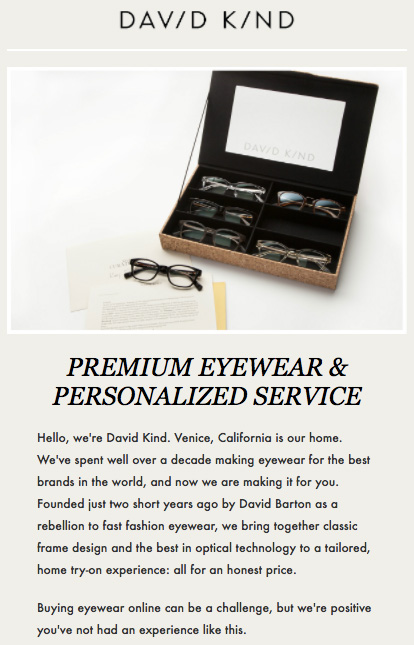
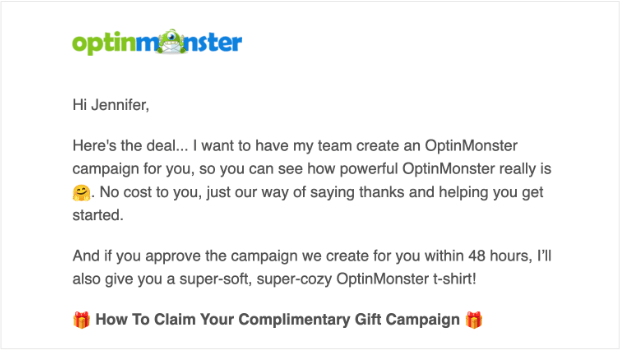
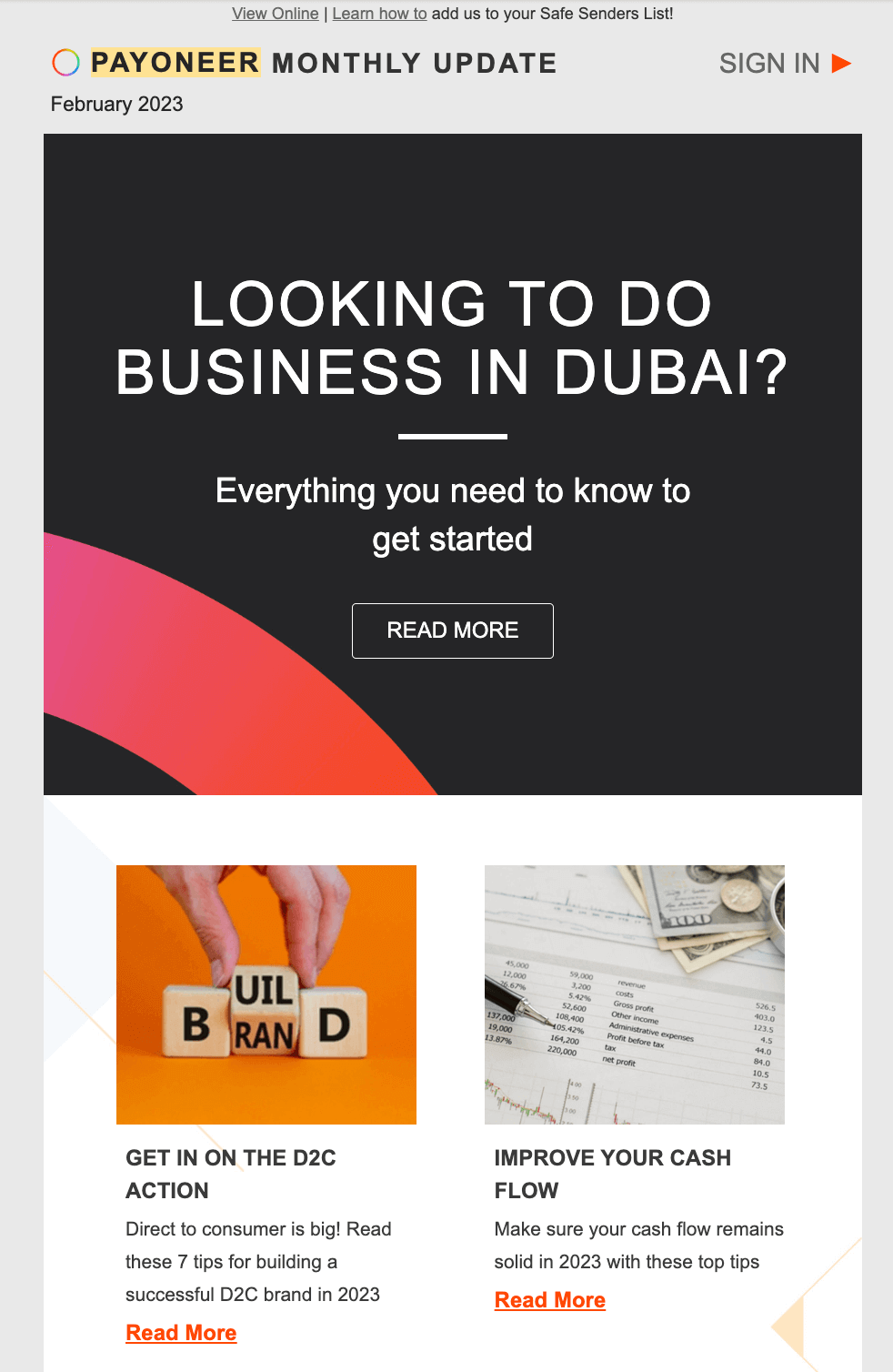
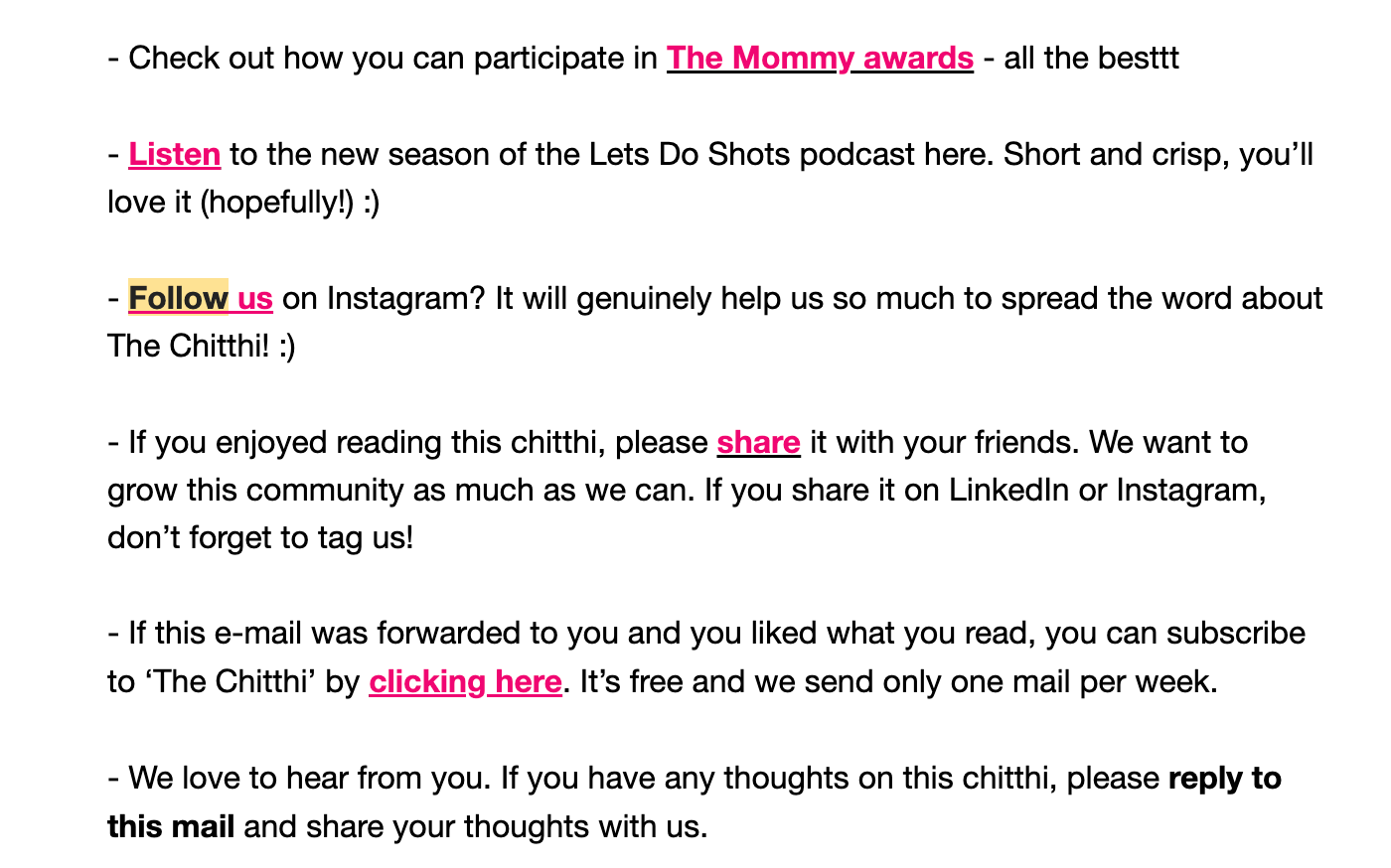

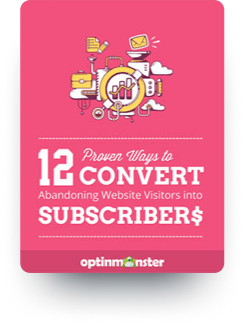


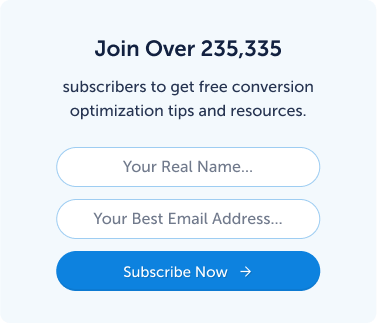



Add a Comment